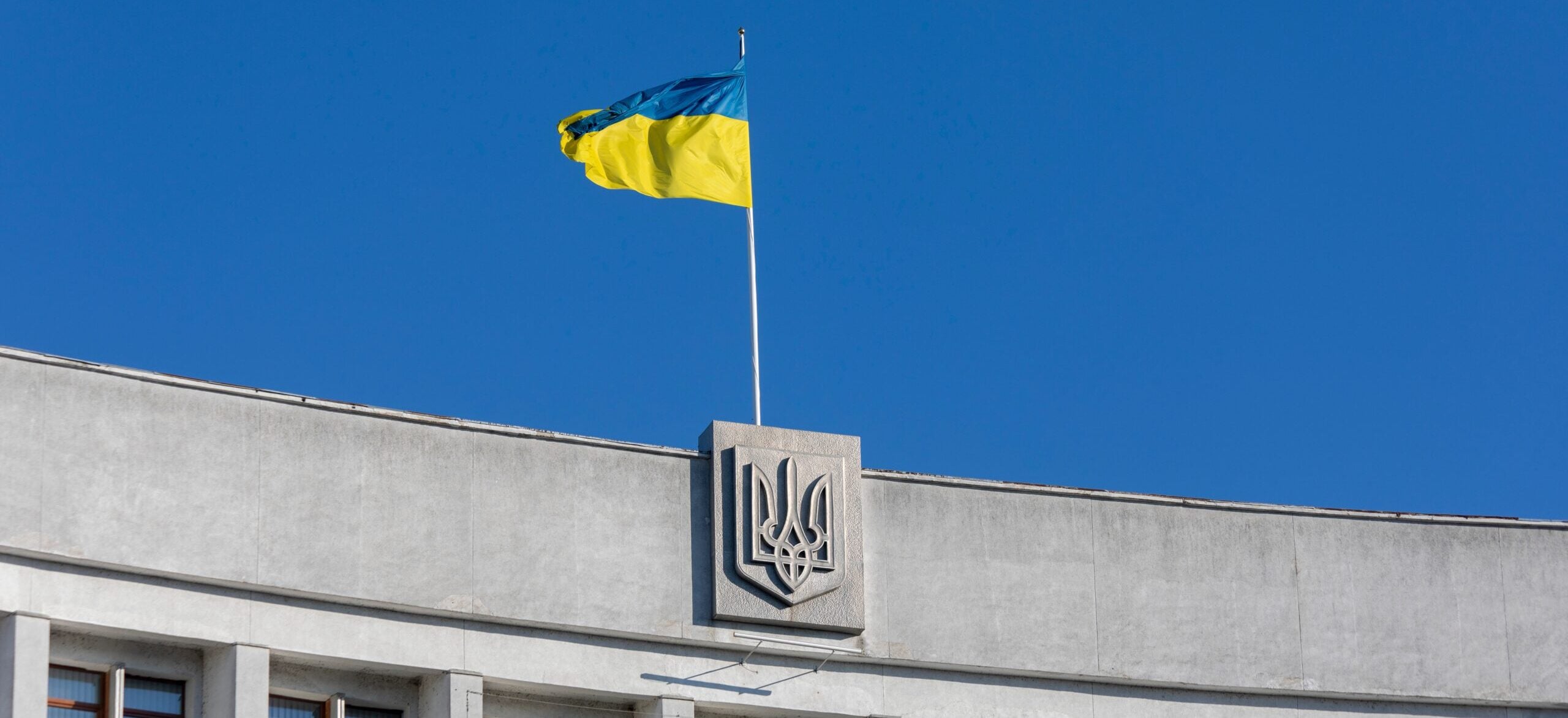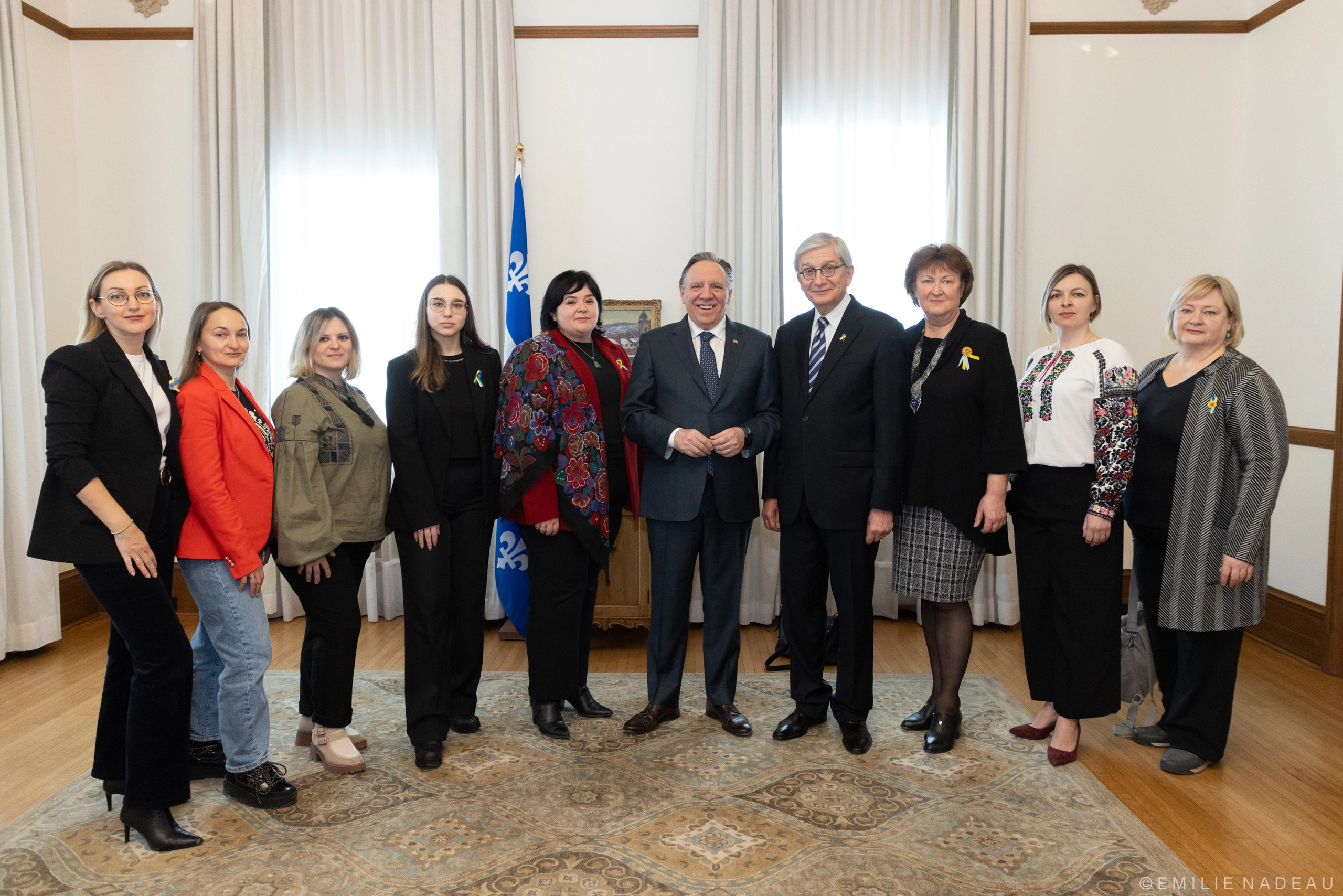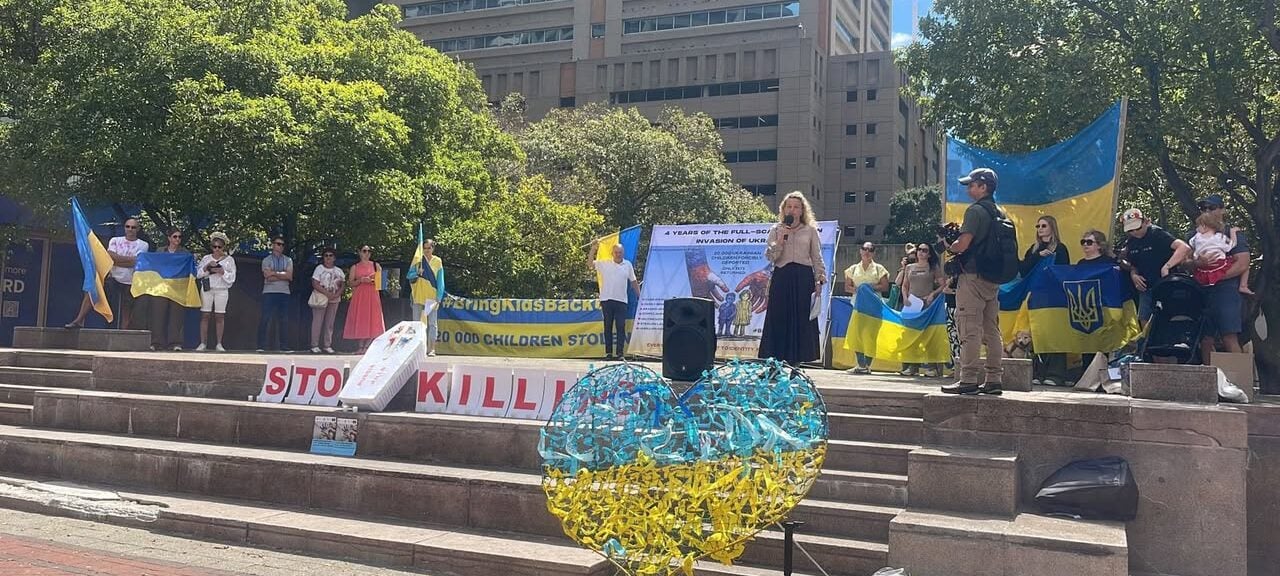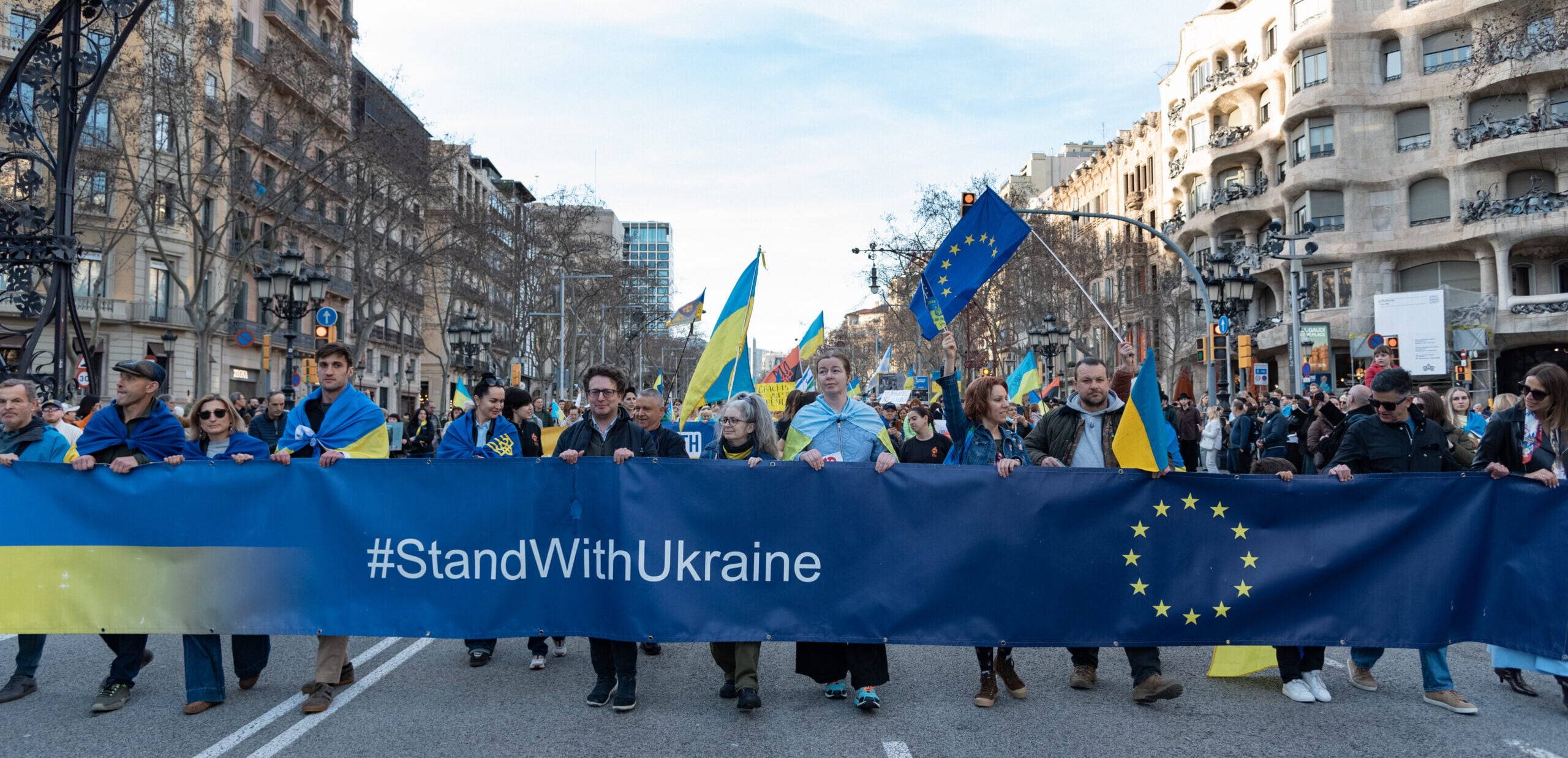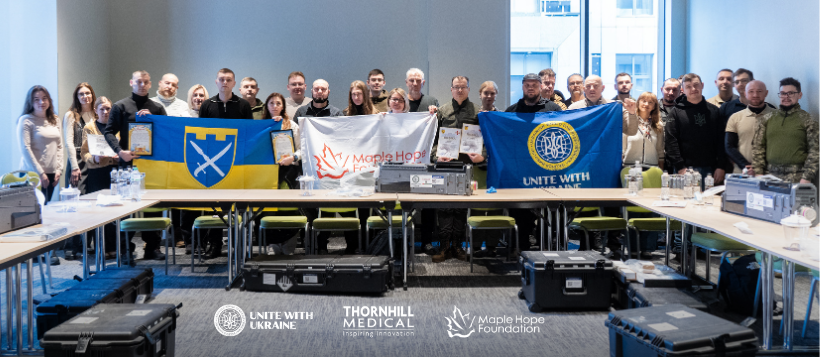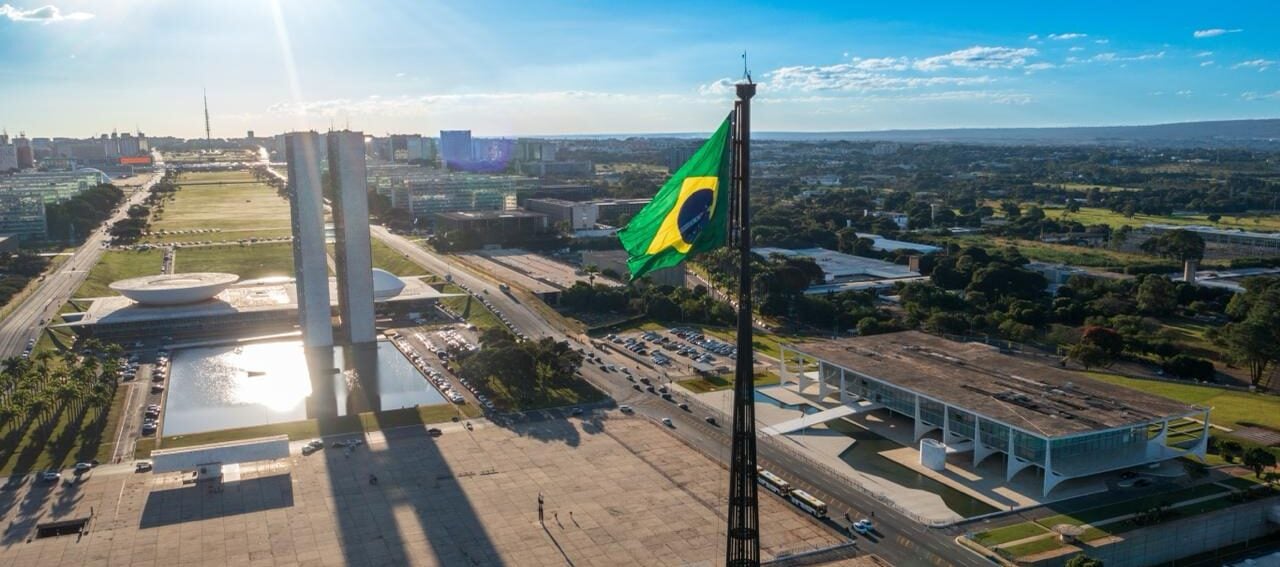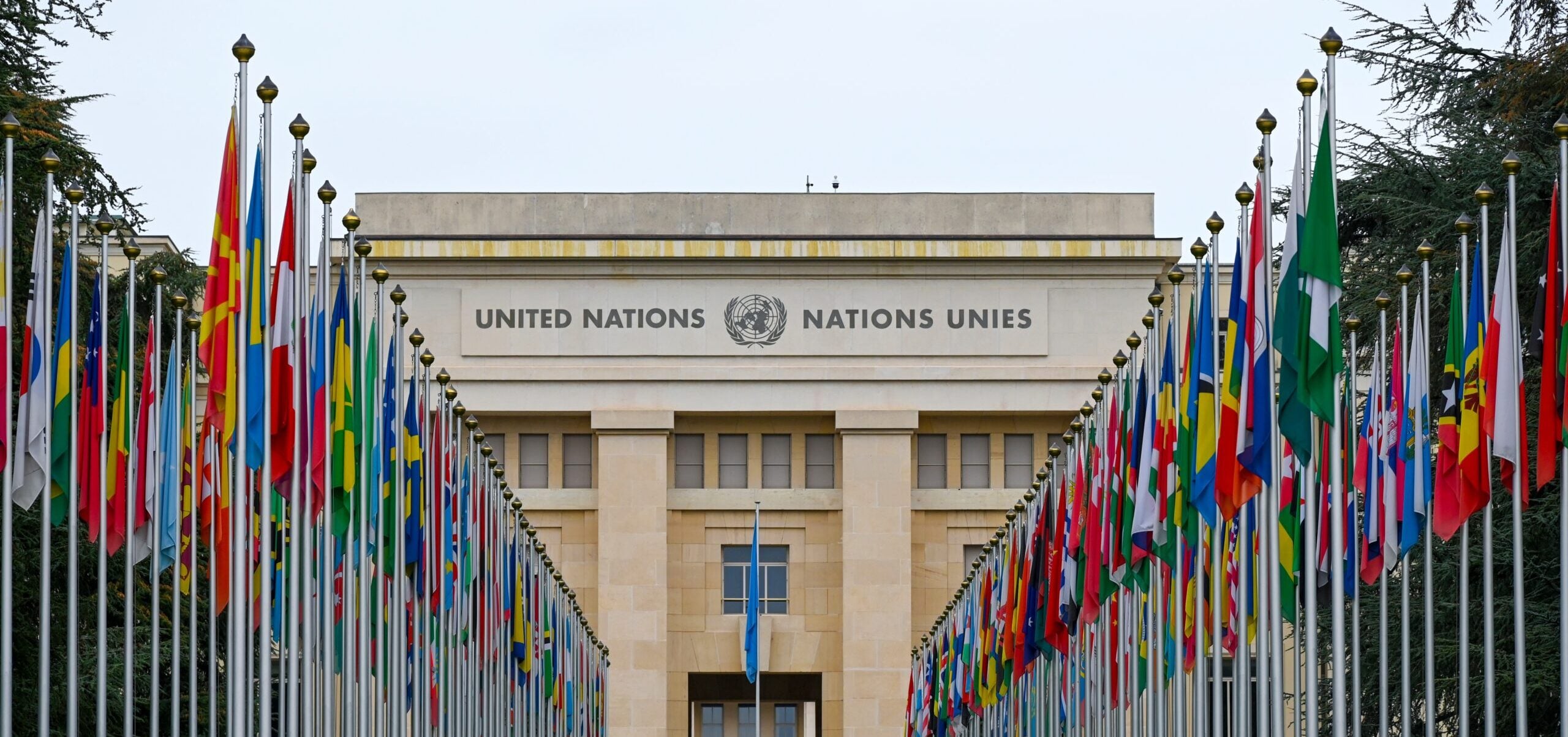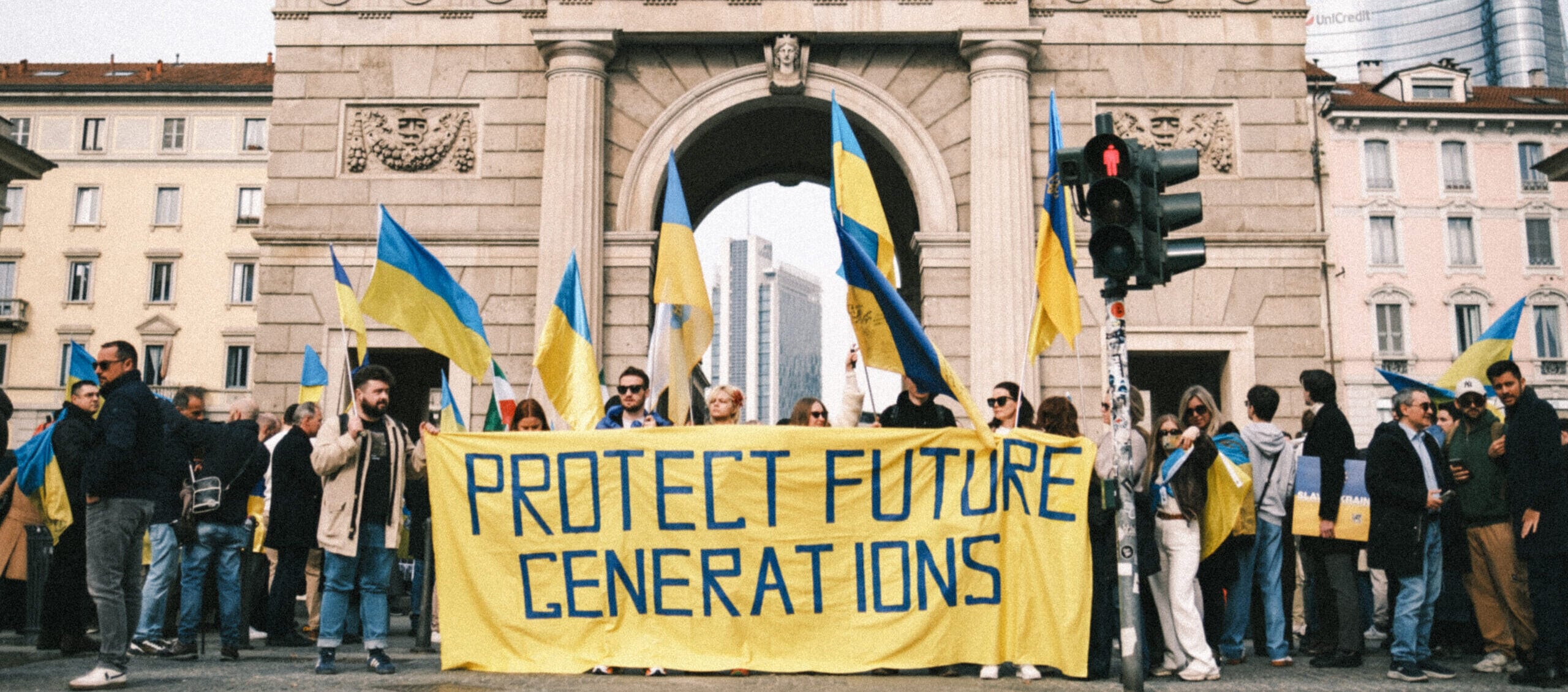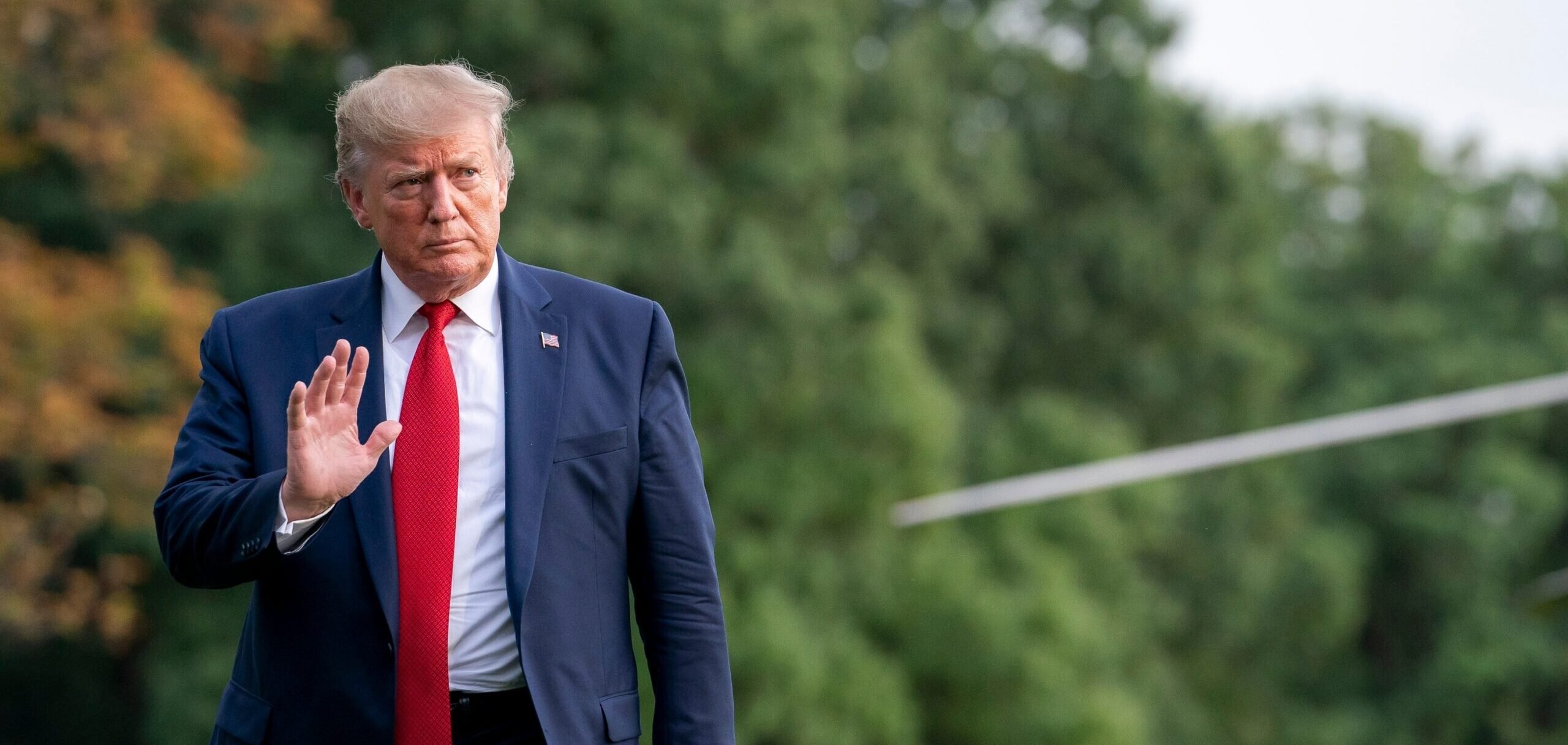

Andreas Umland, analyst at the Stockholm Center for Eastern European Studies (SCEEUS)
Source: Ukrainska Pravda
In the early 19th century, Carl von Clausewitz, a foundational figure in modern military science, famously observed the Napoleonic Wars: “The conqueror is always a lover of peace; he would prefer to take over our country unopposed.”
This insight into the nature of aggression remains pertinent. Yet, after the outbreak of the Russo-Ukrainian war in 2014, a significant number of Europeans overlooked this fundamental principle when attempting to understand Moscow’s actions.
Instead, leading up to 2022, a majority of European politicians, diplomats, and commentators operated under a flawed premise: that the Kremlin’s public declarations of peaceful intent towards Kyiv indicated a genuine opportunity and necessity for negotiation to moderate Russia’s aims and conduct in Ukraine.
This erroneous assumption disregarded the reality that in 2014, Putin’s preference was simply to gain control of Ukraine without resorting to a full-scale military assault on Kyiv. When Russia annexed the Crimea Peninsula and launched its covert invasion of eastern Ukraine eleven years ago, outright war offered little advantage to the Kremlin leader and his inner circle.
Putin’s strategy favored the subversion of the Ukrainian state through the deployment of Russian agents and local collaborators, supported by limited military force, rather than a forceful occupation of large swathes of Ukrainian territory requiring the deployment of tens of thousands of regular Russian troops.
The strategic role of the full-scale invasion of Ukraine has evolved for Putin’s regime over the last three years, mirroring a shift in Europe’s comprehension of Moscow’s motivations and actions.
Firstly, the war has become a stabilizing force within Russia’s political system, which now increasingly depends on an extremist ideology, a militarized economy, and a fully mobilized society.
Secondly, the stark realities witnessed since 2022 have largely dispelled the illusions held by European politicians, diplomats, and experts a decade ago regarding Putin’s purported peaceful intentions.
Cover: Shutterstock
